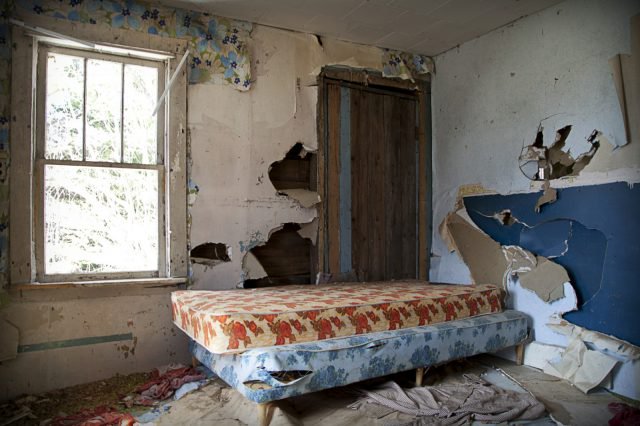Home » Uncategorised »
What do squatting laws mean for landlords?
This article is an external press release originally published on the Landlord News website, which has now been migrated to the Just Landlords blog.
The introduction of recent legislation that makes it a criminal offence for squatters to stay within residential buildings in England and Wales has sparked much debate. Supporters have called for the legislation to be made applicable to include commercial properties. Opponents on the other hand have argued that there is simply no need for the change in law.
Opening sentence
By sentencing the first illegal squatter for finding refuge in a unit owned by a housing association, there were indications given on how courts may punish this crime in future cases. However, opponents argue that there are still a number of definitions within the legislation that could be misconstrued. Much then, could depend on how the police tackle individual cases.
Historical problems
The Criminal Law Act and Protection from Eviction Act of 1977 inadvertently worked against landlords finding trespassers on their property. As a result of the legislations, it was made an offence to use or threaten violent action against anyone preventing entrance to property or land. This led to a common outcome being a costly, time-consuming civil battle to remove squatters from properties.
Some squatters argued that they were committing a criminal offence, particularly for squatting within empty properties. Despite squatters being entitled to some rights, these were complicated and often invalid if their actions affected the rights of a tenant or occupier.
It is hoped that the new legislation will provide more protection and less grey areas for landlords. In particular, there is more help for residential landlords that may let properties that are empty for long periods of time. This could be where properties are awaiting re-let or are up for sale.
New Legislation
This year, the Legal Aid, Sentencing and Punishment of Offenders Act 2012, section 144 outlined new provisions to combat squatting. Under the act, it is now an offence to enter a residential building if the intruder knows they are trespassing. The new law gives police power to arrest and remove intruders, if it can be proven that they intend to live within the property.
Definitions
Despite the will of certain landlords, the law could lose a degree of effectiveness due to the very definition of a squatter. A squatter does not refer to tenants that are in rent arrears, nor those who have stayed within a property following the conclusion of a contract. This comes as a blow to landlords hoping to utilize the new bill to evict troublesome tenants.
More problems that the police may have include differentiating between a squatter and someone who has stayed beyond their agreement. This in turn makes it extremely problematic for police forces to remove individuals from a property.
A successful future?
The first arrest and subsequent jail sentence handed out a squatter in London accounted to 12 weeks, giving a positive outlook for landlords. However, the seemingly straightforward case still gave causes for caution.
After being arrested for another offence, only then did the police officers realize that the individual was squatting. This added further weight to the theory that squatters are becoming better at exploiting loopholes within legislation. Claims of fraudulent lettings to squatting in adjoining units are just a few of the excuses that officers have been confronted by. As a result, it is difficult for police at the scene to make a correct judgment call.
The initial sentencing under the bill has given optimism that courts in England and Wales won’t be afraid to flex their muscles in terms when handing out charges. However, it remains to be seen whether the holes in section 144 will be picked apart to damage its overall success rate.





